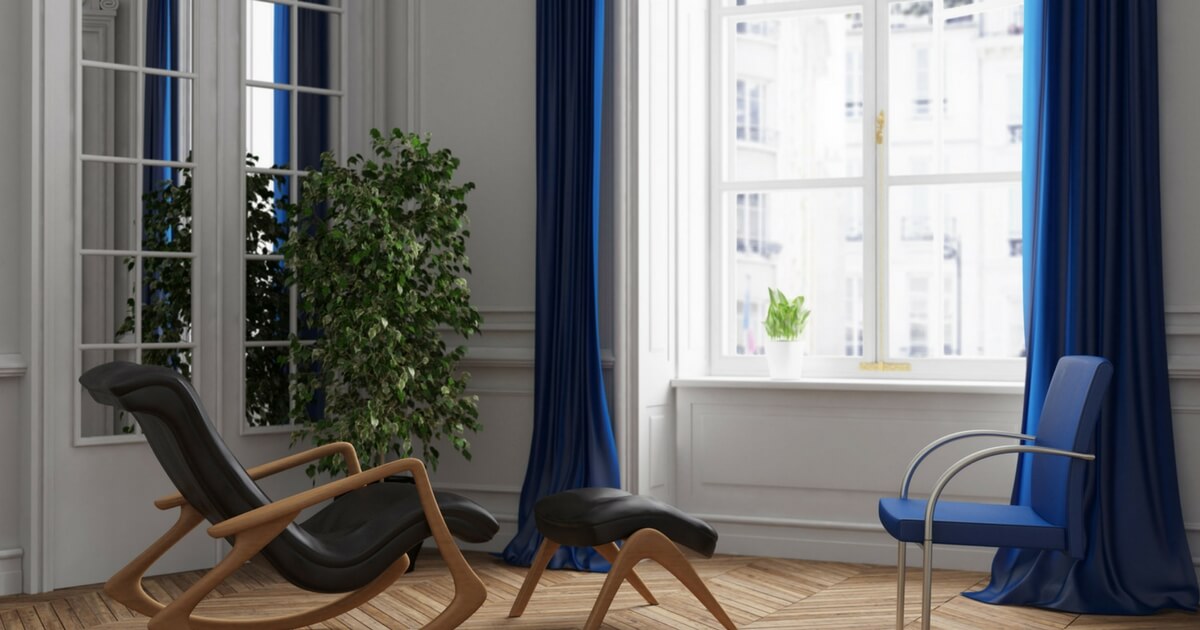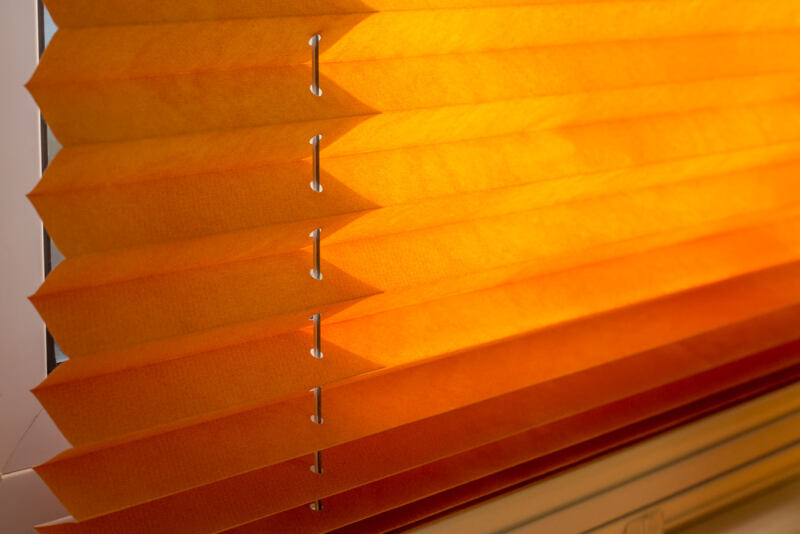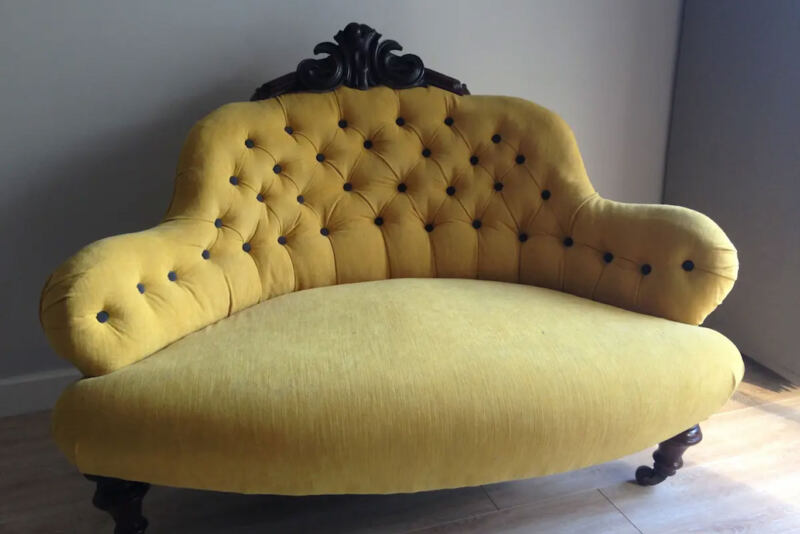[vc_row][vc_column][vc_column_text]There’s a bit of confusion surrounding the use of the term window treatments and what it actually means.
For some people, window treatments are typically a functional covering that is placed inside, on or over windows.
Window treatments can also be used for aesthetic purposes and doesn’t have to be just functional.
You can use all kinds of colours and patterns if you wish to.
Window treatments are mainly used for privacy purposes.
However, they can also be functional to control how much light you let into your home during the day.
Window treatments can also be used to help deal with temperature changes in your home.[/vc_column_text][/vc_column][/vc_row][vc_row][vc_column][vc_column_text]
What Types of Window Treatments Exist?
As mentioned already your window treatment can be solely functional.
But…they can also be aesthetically pleasing and modified to fit the rest of your home.
There are many luxurious window treatment types to choose from.
They come in various different patterns and styles.
What you choose will greatly depend on your preferences, budget and your needs.
There are a whole range of different window treatments that you can choose from:
- kitchen window treatments
- bathroom window treatments
- contemporary window treatments
- bay window treatments
- window treatments for French doors
- and many other styles
Here are a couple of things to keep in mind when picking curtains and window treatments for your home:[/vc_column_text][/vc_column][/vc_row][vc_row][vc_column][vc_column_text]
Texture
Something to keep in mind when you’re planning your window treatments is to think about the general mood and theme of your room.
Textures can drastically change the look and feel of your window treatments and it’s important to have something that fits your requirements.
For instance, practical options such as cotton sateen are washable and make it easy for you to clean your window treatments.
However, silk and velvet will require dry cleaning to keep them looking fantastic.[/vc_column_text][/vc_column][/vc_row][vc_row][vc_column][vc_column_text]
Prints and Patterns
Another thing to keep in mind is the prints and patterns on your window treatments.
This will, again, depend on your room and the existing designs that you have.
For example, if you have furniture that already has patterns on it, then use curtains that are blank and don’t have any kind of pattern or print on them.
This is so you don’t create a clashing decor scheme that looks strange or too busy.
If you want something subtle, aim for patterns in a neutral colour or something that blends well with the rest of your room.[/vc_column_text][/vc_column][/vc_row][vc_row][vc_column][vc_column_text]
Colour
Colour psychology is an important consideration when it comes to designing your window treatments.
Use the rest of your room to give you some inspiration on what colours to use.
The two main things to consider are if you want to blend your colours or if you want them to contrast.
For example, a shade that is slightly darker or lighter than your walls will be great for blending, but choosing a contrasting colour can make a bold and adventurous statement that will stand out.
Keep in mind that some curtains will mix with the light during the day and create a coloured lighting effect in your room.
For instance, a yellow tint can be uplifting while a green one mysterious.[/vc_column_text][/vc_column][/vc_row][vc_row][vc_column][vc_column_text]
Length
Length is also another factor that will drastically change the type of window treatment you get.
There are two common options for lengths of window treatments.
First, they can either hit the floor or the window sill.
This makes more sense if you’ll be opening or closing the curtains and is a good approach for most people.
However, you can also have them reach the floor and extend a couple of inches.
This is better if you’re worried about having uneven floors or if you don’t want to precisely measure curtain lengths.[/vc_column_text][/vc_column][/vc_row][vc_row][vc_column][vc_column_text]
What Are The Different Rod Types
How you mount your curtains will also play a role in the overall feel and look of your window treatment.
Here are the main types that you’ll encounter:[/vc_column_text][/vc_column][/vc_row][vc_row][vc_column][vc_column_text]
Basic rods
Standard curtain rods are adjustable poles that have unique designs on the caps.
They usually attach to walls with wall brackets and come in a variety of different metal finishes.
It’s a good idea to match the finishes with other metals in your room so they blend well together.[/vc_column_text][/vc_column][/vc_row][vc_row][vc_column][vc_column_text]
Return rods
These U-shaped rods are adjustable and often screw into the wall itself.
These curve into the wall, allowing your curtains to have better coverage in order to block light.[/vc_column_text][/vc_column][/vc_row][vc_row][vc_column][vc_column_text]
Tension rods
Tension rods are cheap options that fit inside of the window frame.
It requires no hardware but due to its flimsy mechanism, it’s only good for lightweight panels and curtains.[/vc_column_text][/vc_column][/vc_row][vc_row][vc_column][vc_column_text]
Track rods
Lastly, there are track rods that contain hooks which attach to a pulley on a track.
These can be installed either on a wall or on the ceiling for more flexibility.[/vc_column_text][/vc_column][/vc_row][vc_row][vc_column][vc_column_text]
Know You Now More About Window Treatments
We hope this article has given you some insight into what window treatments are and how you can get started with them.
For some more inspiration and ideas head over to Pinterest and get pinning.[/vc_column_text][/vc_column][/vc_row]




